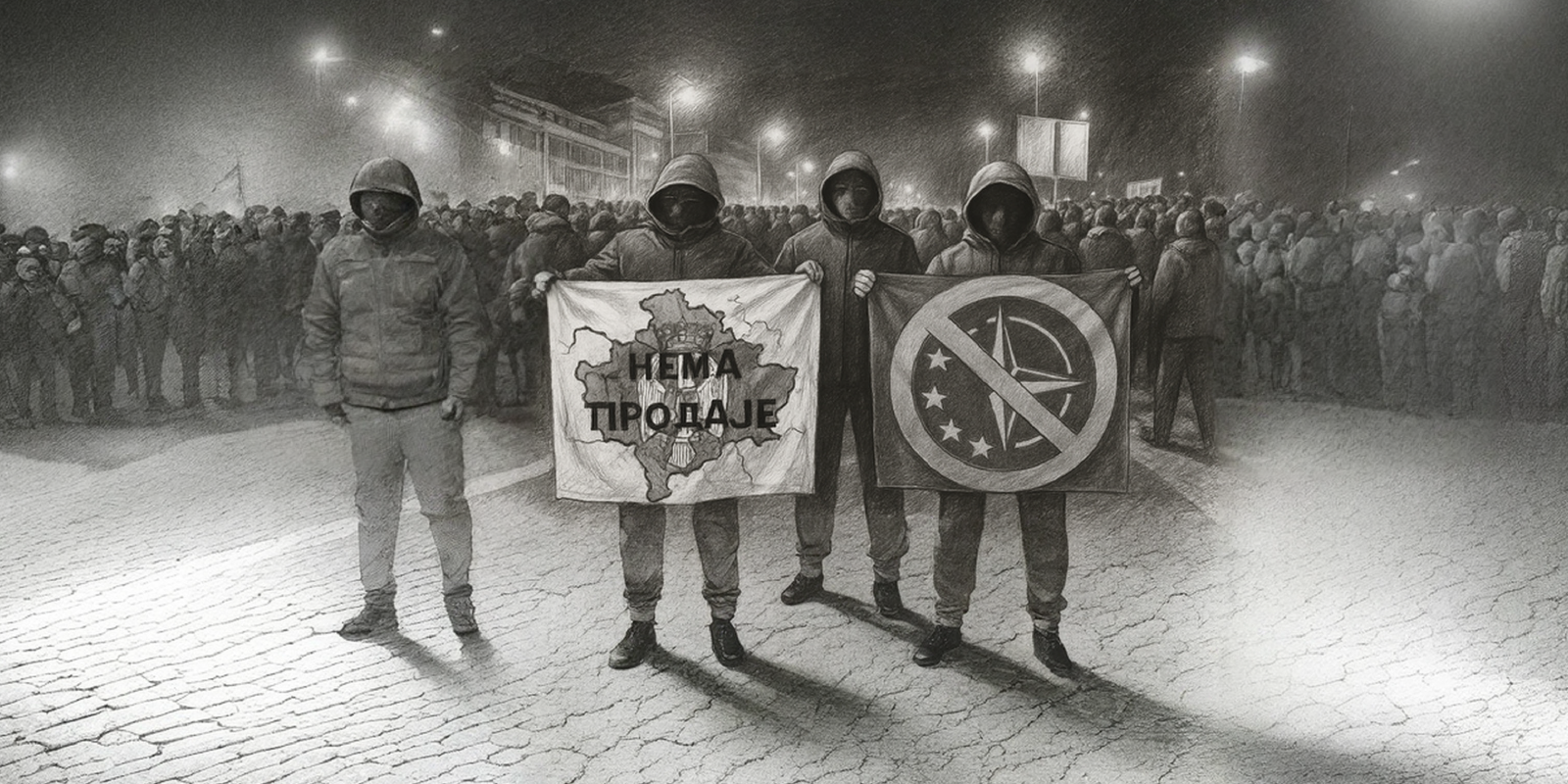PUBLICATION: Analysis
Russian Propaganda in Serbia and the Western Balkans: The Case of Telegram Channels
This study is based on the analysis of open data obtained from the Internet, dealing with Telegram channels that are directly connected to official Russian media.
Serbia is no exception to the list of countries whose internal affairs found themselves on the receiving end of Russian government interference. However, due to the friendly relations between Russia and Serbia, these facts are rarely made public. Also, not all of them are obvious, at first glance, as propaganda and interference. That is why we will look at this issue in this study and, using the example of Serbia, find out what methods of propaganda and intervention Russia is using in a country that can be described as “friendly.”
This study shows the propaganda tools that Russia is using in the Balkans, particularly in Serbia and Montenegro. It also contains an analysis of propaganda narratives that appear in the Russian media operating in the Balkans, and their comparison with propaganda narratives in the media that operate in Russia.
DETAILS
DATE: 27.02.2024
TOPICS: BSCP, Challenges Risks and Threats
TYPE: Analysis
DOI Number: https://doi.org/10.55042/YUML1367
AUTHORS
SHARE
PDF PREVIEW
RELATED

Date: 22.10.2025.
Author: Jelena Pejić Nikić |
This policy paper examines Western Balkan stakeholders' perspectives on what is needed for meaningful enlargement and the EU reforms they consider essential for an effective expanded Union. Field research in spring and summer 2024 included 16 high-level interviews with representatives from all six countries of the region.

Date: 13.10.2025.
Author: Belgrade Centre for Security Policy
The subject of analysis is the content related to student and civic protests distributed on the Telegram channel “BUNT je stanje duha.”

Date: 04.08.2025.
Author: Vuk Vuksanović |
The analysis is based on the "Security Radar" public opinion survey conducted by the Friedrich Ebert Stiftung in selected European countries, including Serbia, and a comparison of public opinion findings for 2022 and 2025.



